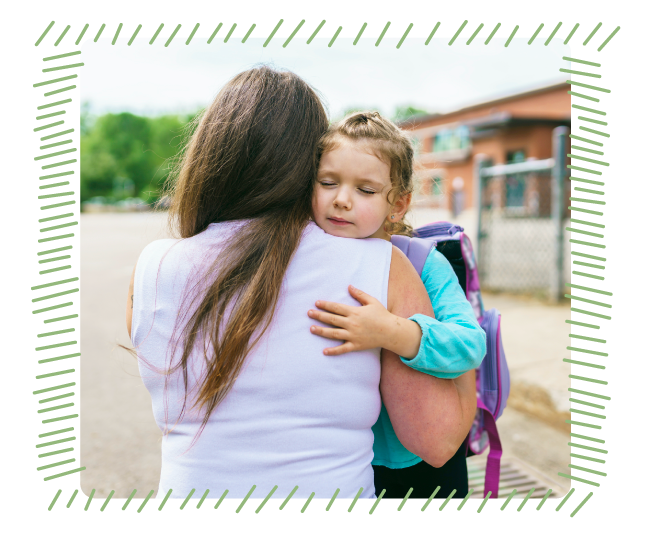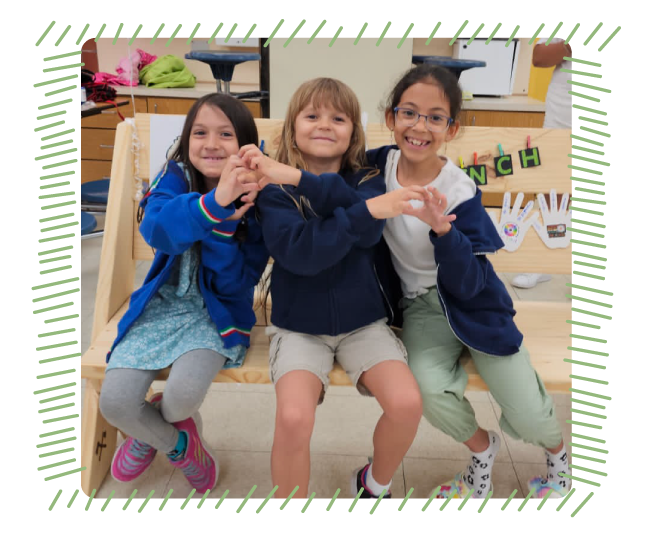Studies & Research
Key Studies Revealed
The Positive Impact of Buddy Benches
The benches encourage children to meet new friends, have empathy for those who are lonely, and get to know children who are experiencing difficulty making friends in a new light. Studies done by the International Electronic Journal of Elementary Education have shown that the presence of Buddy Benches can counteract antisocial behaviors and a sense of social isolation, in turn making for happier children.

Published By: Iejee
Year: 2017
The effects of a buddy bench on elementary students’ solitary behavior during recess
Social skill instruction and school-wide positive behavior support have been found to be effective in treating students with emotional and behavioral disorders. However, students with internalizing behavior are often overlooked for interventions that could improve academic outcomes and prevent problems that might have serious implications, including social withdrawal, social isolation, and suicidal ideation. In this study, a multiple baseline across participants design was used across two elementary school recess playgrounds to evaluate a “buddy bench” intervention, which utilized peers to help socially withdrawn students to decrease social isolation behavior. Students in Grades 1 to 6 were observed during recess. Results revealed that from baseline to intervention phases the number of students engaged in solitary recess behavior decreased between 19% and 24%. Most students reported positive attitudes towards the intervention, while teachers were more neutral.
Benching Playground Loneliness:
Exploring the Meanings of the Playground
Buddy Bench
The buddy bench, a primary school playground implementation designed to eliminate playground loneliness, provides a potential strategy to ensure more children reap the positive benefits of elementary school recess. Through children’s artwork, in-depth interviews, and playground observation this ethnographic study explores the socially constructed meanings of the buddy bench and their implications. This methodology advances the communication field by demonstrating how scholars can use children’s artwork to identify and define children’s socially constructed meanings. Findings build on a previous study showing that playground buddy benches can offer effective playground interventions and demonstrate that the presence of a buddy bench on the playground creates shared meanings of solidarity, inherent worth, empowerment, and a shift in focus from playground bullies to buddies amongst the children. This leads to a perceived climate change on the playground. These shared meanings reshape children’s narratives about themselves, loneliness, and the playground experience in a positive manner.

Published By: Iejee
Year: 2018

Help Our Cause
Your support and contributions will enable us to make real changes.
Every little bit counts!

